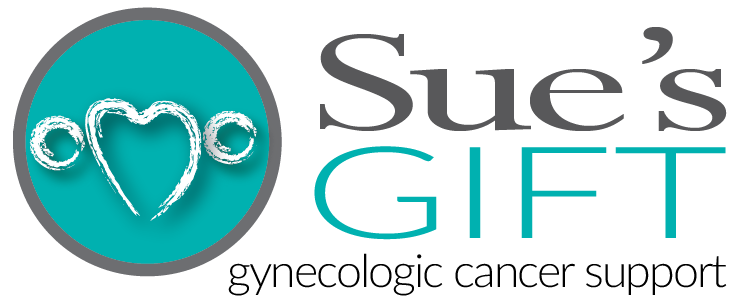Find Your Ikigai
“If you can’t figure out your purpose, figure out your passion. For your passion will lead you right into your purpose.”
Image Credit @orrell_mount
The Japanese concept of ikigai (pronounced ee key guy) translates to a “reason for being” or “reason to get up in the morning” and is comparable to the likely more familiar French term raison d’etre. The literal translation of ikigai is the “happiness of being busy.”
Author Dan Buettner has explored long-lived communities worldwide, which he calls “blue zones.” Those areas include people on the island of Okinawa (which has one of the highest ratios of centenarians to population) and other communities in Sardinia, Italy, and Icaria, Greece. While a heart-healthy diet contributes to the residents’ longevity, he believes the practice of ikigai is an important factor.
The four components of ikigai include doing what you love (passion), what you’re good at (profession), what the world needs (mission), and what you can be paid for (vocation). Everyone has an ikigai, which is the intersection of passion, talent, and potential benefit to others; it’s only a matter of finding it.
I learned last week that my great-niece (in her mid-20s) is starting a cupcake business in addition to her full-time job at a non-profit agency. She loves baking, she’s good at it, and who doesn’t need a cupcake now and then? Plus, she can get paid for it. It’s a beautiful example of ikigai.
Ikigai is a way of life or a journey, not a destination, and it doesn’t need to be something grand or extraordinary. Researchers Héctor Garcia and Francesc Miralles, in their book, Ikigai: The Japanese Secret to a Long and Happy Life, created a master list of 10 rules to help beginners find their Ikigai.
Their list includes staying active (not retiring), savoring and enjoying daily tasks, eating less than your hunger demands, surrounding yourself with good friends, getting in shape with routine physical activity, staying positive, reconnecting with nature, giving thanks, living in the moment, and finding your ikigai – the passion and talent that gives meaning to your days.
While the Westernized version of ikigai has equated ikigai with work and income, a survey conducted in Japan found that 31% of participants cited work as their ikigai. The traditional Japanese concept of ikigai encompasses a devotion to what one loves that brings a sense of accomplishment and fulfillment, including work but also one’s family, a hobby, or a new skill.
Author Rick Warren has said, “If you want to find your purpose in life, find your wound.” Sometimes finding one’s ikigai is related to past experiences like a cancer diagnosis, addiction, or the death of a child. Knowing the pain and challenges of any difficult experience can lead one to make the world a better place and the path easier for others. Mothers Against Drunk Driving (MADD), for example, was founded by a mother whose daughter was killed by an impaired motorist. Sue’s Gift was founded by a family who wanted to ensure others with gynecologic cancers had the support and assistance their loved one didn’t have years ago.
One’s passion and purpose can be found in many places, including a past wound, baking, writing, painting, woodworking, or sharing knowledge and insight.
When you find your passion, you’ll know your purpose and find your ikigai.

